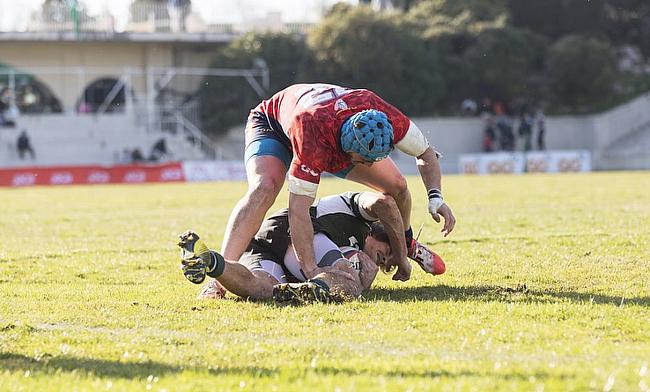The Impact of Weather on Rugby and Betting
Betting on rugby extends far beyond evaluating team form, fixtures, or star performers. Seasoned punters understand that weather conditions can be just as critical as any tactical setup or player selection.
Whether it’s rain, wind, or extreme heat, environmental factors can dramatically influence the rhythm, strategy, and final result of a match, ultimately affecting the odds. Recognising these shifts can give astute bettors a significant edge, particularly in a market where such details are often overlooked by casual observers.
Weather and Value Bets on Specialist Platforms
Increasingly, experienced bettors are turning to sports betting sites not on GamStop for greater flexibility, especially when accounting for variables like weather. These sites not only provide sought-after features such as instant withdrawals and increased privacy, but they also tend to offer a wider array of niche markets, many of which are directly influenced by environmental conditions.
For instance, in a rain-affected Premiership showdown between Sale Sharks and Gloucester, the under 35.5 points market was available at odds of 11/10. The match concluded well below that threshold, driven by slippery conditions that led to numerous handling errors and disrupted attacking patterns.
These platforms are also known for higher odds and looser stake restrictions, which can be advantages for bettors who react to fast-changing forecasts. Because traditional bookmakers may suspend or price markets conservatively when the weather becomes unpredictable, agile punters using more adaptable platforms can exploit brief windows of opportunity.
Rain: The Great Equaliser and Tactical Shifter
Heavy rainfall has a profound impact on how rugby is played. Slick ball handling becomes a challenge, scrums and set-pieces gain prominence, and flashy backline moves are often replaced by structured, low-risk plays. In these conditions, teams that rely on power forwards, tactical kicking, and disciplined defense tend to thrive.
From a betting perspective, rain typically suppresses total points and try counts. As a result, markets such as "under total points" or "penalty goals over" become particularly attractive. While bookmakers do adjust lines in anticipation of poor weather, they often react more slowly to real-time changes. Live betting becomes especially lucrative if rain begins during the match. A dry first half, followed by a sudden downpour, can drastically lower scoring in the second period. This gives a chance to savvy punters with an eye on the forecast are well-positioned to capitalise.
Wind: The Most Unpredictable Disruptor
Of all weather elements, strong wind arguably creates the most disruption. It affects all forms of kicking in the game, such as goal attempts, clearance kicks, and high balls. Even top-tier kickers can see their success rates plummet in gusty conditions, directly influencing markets such as winning margin, total points, and first-half/second-half scores.
Wind can also force teams to alter their game plans. When playing into the wind, sides typically retain possession and avoid long kicks, leading to more conservative territory battles. With the wind at their backs, teams may adopt a more expansive approach, using deep kicks to pin opponents. This tactical ebb and flow offers value in betting on alternate halves, total possessions, or adjusted point spreads, particularly when one side has a discernible advantage in the second half.
Heat and Dry Conditions: Favouring Speed and Skill
On the other hand, warm and dry conditions generally support high-tempo, attacking rugby. The ball travels faster, handling improves, and defensive lines are stretched more frequently. This causes the conditions to be ripe for more tries and open play. In these matches, betting on "over" points totals or individual try scorers becomes more enticing, particularly in end-of-season matches during warmer months like the United Rugby Championship or Gallagher Premiership finals.
However, intense heat also increases physical fatigue, particularly in the latter stages of a match. Teams with deeper benches and better conditioning often dominate late on. Bettors who identify these trends may find value in live betting markets such as "second-half winner" or "last team to score," leveraging fitness and tactical substitutions.
Conclusion
In competitive rugby, weather is not merely a backdrop, instead, it is a dynamic force that can redefine tactics, alter player performance, and sway betting outcomes. Bettors who integrate meteorological insight into their analysis gain a decisive edge over those who overlook it. For anyone serious about maximising returns, monitoring weather reports should be as routine as tracking injury updates or lineup announcements. By doing so, they not only stay ahead of the market but also deepen their understanding of the game itself.


